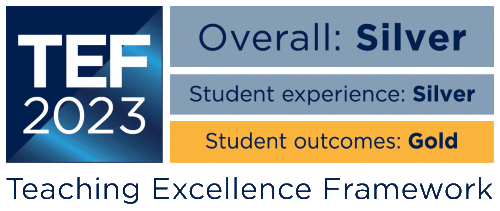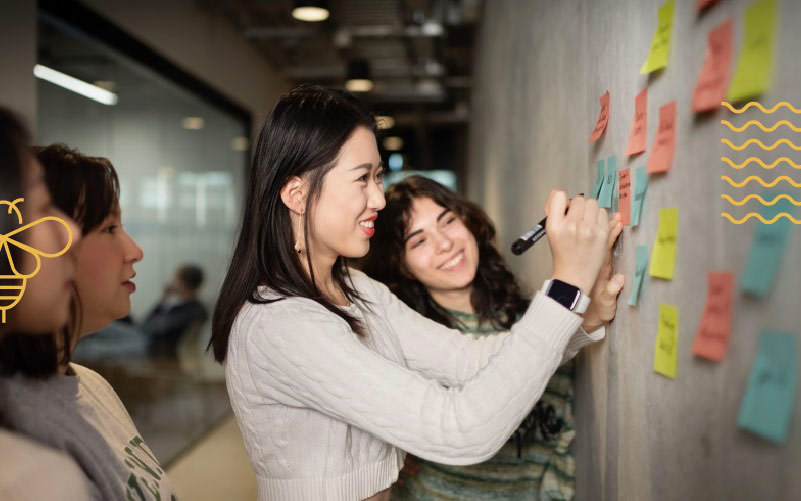Choosing your course is only the start of your journey – there will be many opportunities for you to enhance your study experience during your time here.
Study abroad as part of your degree
We provide opportunities to expand your horizons beyond Manchester and study abroad for a semester or more. Most of our undergraduate courses offer the opportunity to spend time abroad in one of more than 30 countries and study at one of nearly 300 partner universities, which include some of the most prestigious institutions in the world.
Studying abroad gives you the chance to experience a different education style and culture during your degree in addition to establishing new connections across the world and enhancing your employability by gaining new global skills.
You can use our course finder to search for study abroad options.
Innovative teaching and flexible learning
We want to provide you with the best learning experience possible, which is why we have world-leading teaching experts here at Manchester.
You’ll be taught by some of the brightest minds in the country, whose knowledge and passion will inspire you to reach your full potential.
Alongside this, you’ll get personalised learning that puts you at the heart of your academic experience - with flexible, multidisciplinary courses to make sure you gain the skills and knowledge to enhance your employability and flourish in your chosen career.

Creating the right learning environment
We support your learning with our world-class facilities, from our high-tech laboratories to our specialist libraries, including:
- The John Rylands Research Institute and Library, a neo-Gothic building which is home to some of the world’s finest collections of rare books and manuscripts.
- The Alan Gilbert Learning Commons which offers you a stimulating 24/7 environment for study, combining inspiring decor with flexibility and the latest in learning technology.
- Our new hub of engineering and materials which houses purpose built facilities, blended lecture theatres and flexible study spaces.
Teaching excellence
We're committed to high quality, innovative teaching to help you reach your full potential.
We have been rated gold for student outcomes, and silver for student experience by the Office for Students (Teaching Excellence Framework 2023).
Make a difference
Manchester is the only university in the UK to have social responsibility as a core goal. This means we take our commitment to social responsibility seriously. That's why we provide all our students with opportunities to make a difference in the real world through our Stellify programme.
Stellify is an employability award designed to support your career and personal development, providing opportunities to take part in a range of fantastic extracurricular and co-curricular activities.
Stellify will enable you to develop beyond your chosen subject and gain the distinctive attributes of a University of Manchester graduate.
Careers Service
Our Careers Service will also be available throughout your time here. They offer a range of support and advice to help prepare you for your future, including:
- Drop-in sessions
- Career mentoring programmes
- Application and CV support
- Access to CareerConnect

